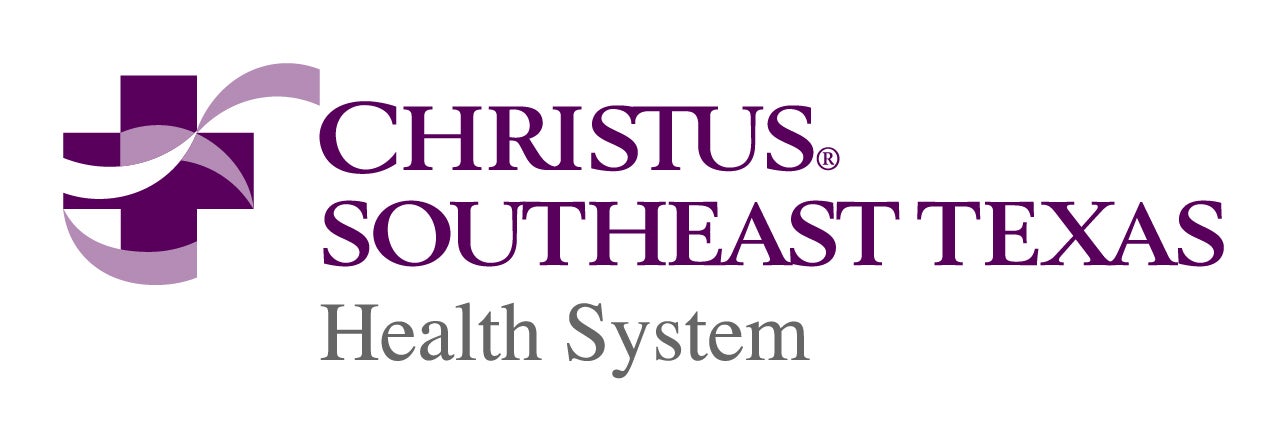CHRISTUS workers take steps to spot signs of sex trafficking victims
Published 12:19 am Saturday, February 8, 2020
BEAUMONT — The CHRISTUS Southeast Texas Health System is zeroing in on sex trafficking by beginning a series of training sessions and seminars providing health care professionals ways to spot the signs of minor sex trafficking.
According to a release by CHRISTUS, more than 80 percent of confirmed and suspected victims of child sex trafficking were seen by a medical provider before being identified as a victim — 68 percent went through an emergency center.
Jane Smith, the Forensic Nurse in charge of the training, said they want to reduce those numbers dramatically in Southeast Texas.
The News is referring to the Forensic Nurse with the fictitious name, Jane Smith, because the medical professional fears retribution from those involved in local sex trafficking.
“Last year, we became aware that there was a need here in our community,” she said. “We, like most of our community, thought this was something happening across the state line. What we did not realize is how much trafficking was right here in our own area.”
Smith said training began in early January after an official from the Attorney General’s office addressed the need for a community-wide program.
“(The office) brought the awareness to everybody,” she said. “These victims are definitely coming into our hospital, and we needed to give them the help and necessities that they deserve.”
CHRISTUS set a goal of educating 1,000 health care workers on the best practices for identifying, interacting with and treating possible victims of underage sex trafficking.
“We have so many different facilities and we wanted to educate them all,” Smith said. “We applied for a Texas grant to begin the training. We wanted to educate 450 people, and they wanted us to educate a 1,000. So here we are.”
More than 240 health care officials have undergone training already at the Southeast Texas Outpatient Pavilion in Beaumont.
Training begins with dispelling myths on what sex trafficking is, moving towards identifying the difference in prostitution, different techniques used by abusers, how to recognize and respond to a potential victim and what to do once he or she has been identified as a victim.
Kathy Rodgers, director of trauma at CHRISTUS Southeast Texas St. Elizabeth, was one of the first to receive the training.
She said trauma professionals have the tendency to see these patients because sometimes they are injured.
“I thought it was very eye opening to go to that session and be told how common it is, especially on our I-10 corridor,” Rodgers said. “To think that 87 percent of individuals have probably come into contact with a health care worker is overwhelming. As a health care worker, it puts that pressure on us to recognize those individuals.”
Rodgers said after the presentation she, along with other staff members, followed up with previous patients they realized may have been a victim of child sex trafficking.
“It’s put us on high alert,” she said. “It’s overwhelming to know that the average age is 12. So we asked our maternal child, our pediatrics and our ER nurses to come to the training. It was a fabulous, needed service and it can be beneficial to different community groups and other health facilities to hear it.”
As training continues, Smith said she is extending the free seminars to Mid- and South County hospitals, emergency centers and outpatient facilities in hopes to spread the training and save more lives.
“Last year there were 178,000 ads for solicitation, which is more per capita than Houston,” she said. “We have them here, there is no doubt that we are seeing these patients in all of our facilities and we just aren’t identifying them. We need to do better because these patients aren’t going to tell us that he or she is a victim.
“You have to look for subtle things, but we are learning how to notice them. Maybe they will seek out help out and get the assistance that they need. If not, if nothing else, we are showing that in our county it is not free reign anymore. We don’t have our heads in the sand and we are fighting back.”
For the community, Smith said the best thing they can do is simply keep their eyes open.
“The biggest thing the community can do is realize it is really out there,” she said. “It’s happening in our community, not just in Houston. It’s happening with any race, any age and any background — anybody can be a victim. If you see something that doesn’t sit right with you, make a call.
“In my training I always say, ‘I’d rather overcall something and it come out to be nothing, than to not report it and for it to keep going on. So make that call. Make a difference.”
To report signs of minor sex trafficking call the National Human Trafficking Hotline at 1-888-3737-888
To schedule a training session, call the Forensic Department at St. Elizabeth’s at 409-892-7171.






